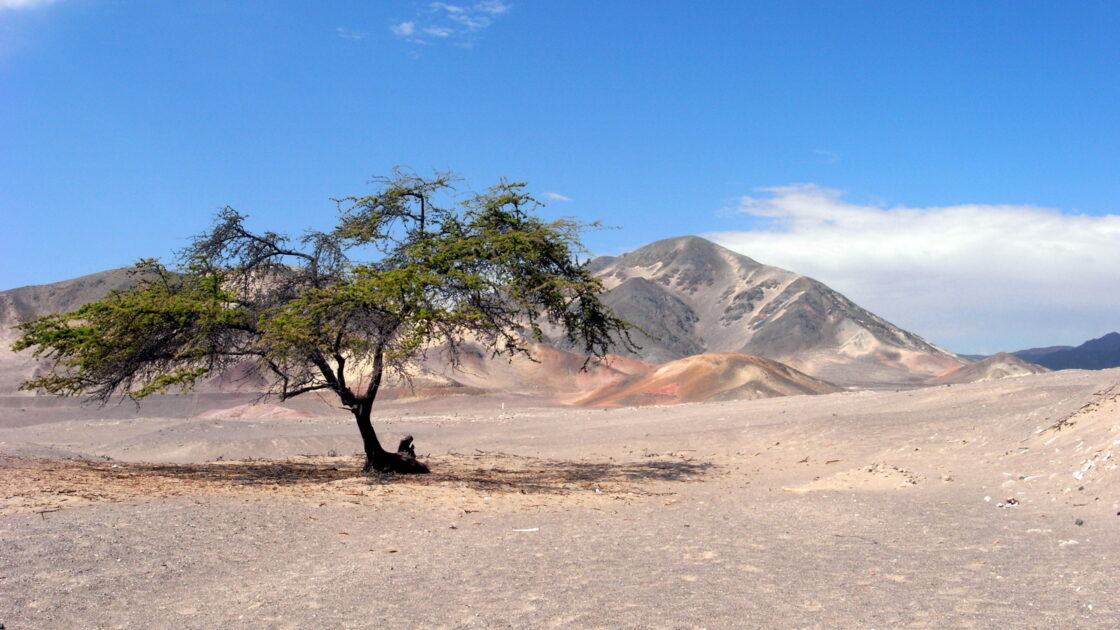Giuliana Panieri, Professor in Geology at the University of Tromsø, prepares to set sail for the Arctic– the latest step in an…
Swapping headlines on global change science in the Americas

Irene Torres, Marcella Ohira, Amanda Sesser, Anna Stewart-Ibarra (PLOS Climate Section Editor) & Marcos Regis da Silva report on the Inter-American Institute for Global Change’s 29th Conference of Parties
Susceptibly, uncertainty, severity. News headlines remind us almost daily that the Americas are enduring a large burden of the impacts of climate change while not contributing in the same measure to the crisis. Together with the effects of an extended Covid-19 pandemic that ravaged entire countries in the region, global environmental changes such as higher ocean temperatures and stronger hurricanes are further shattering lives –and economies.
Policy and decision makers, and researchers, from 19 countries in the Americas recently convened to discuss regional priorities and actions at the 29th Conference of Parties (CoP29) of the Inter-American Institute for Global Change Research (IAI). The IAI is an intergovernmental organization dedicated to pursuing the principles of scientific excellence, international cooperation, and the full and open exchange of scientific information to increase the understanding of global change phenomena and their socio-economic implications. The main proposition involves transforming the way in which we do science and think about scientific research and knowledge, so that science can be used to inform decision making in public and private sectors. The IAI’s revised scientific agenda is placing even more emphasis on transdisciplinary and transboundary research combining multi-national efforts with open science and participatory design, to create novel and cutting-edge scientific approaches.
Science to support mitigation and adaptation to global environmental change has become a core theme in the IAI’s science program –a reflection of the science-policy demands in the region. Understanding the human dimensions of global environmental change is now at the center of the agenda, thus raising the profile of social sciences in the region. This new focus aligns with the IAI’s strategic plan, which emphasizes science for the sustainability of the Americas, with goals such as the reduction of poverty and inequality in the region.
The IAI is also setting an important precedent by addressing in a new gender policy the need for gender equity and gender mainstreaming in the scientific community, to ensure that science on global environmental change addresses how gender is affected by and affects global change. Gender representation varies greatly in the region but only 27.5% of the STEM workforce in North America is made of women; in Latin America and the Caribbean, only 36% of STEM researchers are women. Having identified few such policies guiding other scientific agencies in the region, the policy could become a model. Furthermore, the IAI will work during the 2021-2022 intersession period to expand the policy to address underrepresentation of historically marginalized group by including other forms of equity, diversity and inclusion.
Scientific and capacity building initiatives already underway, such as IAI’S Transdisciplinary Academy and the Science, Technology, Policy (STeP) Fellowship Program, will require more funding for the region to be able achieve the much-needed, ambitious goals set by IAI member countries. Although the advent of the novel coronavirus has made evident the need for efficient uptake of scientific knowledge and information, the pandemic also overshadowed the demand to bridge the gaps in science-based policy for global change. Countries are aware of the advantages of engaging the IAI to ensure more efficient uptake of science knowledge and information by policymaking, but still need to commit or procure the necessary financial and organizational resources.
The IAI has been working at the science-policy interface for three decades, working to provide the science that decision and policy makers need. Its 3rd Collaborative Research Network Program (CRN3) supporting more than 17 multi-national science networks with about US$ 10 million of funding between 2012 and 2019 has resulted in more than 556 publications. Since 2019, the Small Grants Program has awarded $1.2 million and procured US$ 1.3 million in co-funding, involving 156 investigators and partners, apart from students, more than 150 outreach and training events, and almost 70 publications spanning 10 countries.
Despite these advances, barriers remain for science uptake and evidence-based decisions in government, and science capacity varies widely across the region of the Americas. In response, the IAI will conduct a regional assessment to better understand how member countries use science to inform decisions affected by global environmental changes. Findings will inform new regional training and funding programs on transdisciplinary science and science diplomacy for early career scientists and policy practitioners, to be launched in 2022.
With the continuing socioeconomic impact of COVID-19 overshadowing discussions on global change, the IAI’s longstanding transdisciplinary approach may at least provide the best tools to address the complex challenges of the pandemic originating in multiple interacting factors. With the support of our country members and other funding organizations or mechanisms such as the Belmont Forum, we will continue to work on key science-policy processes that have helped improve economic and social conditions in the Americas region.
Watch this space for details of future collaborations between IAI and PLOS Climate!